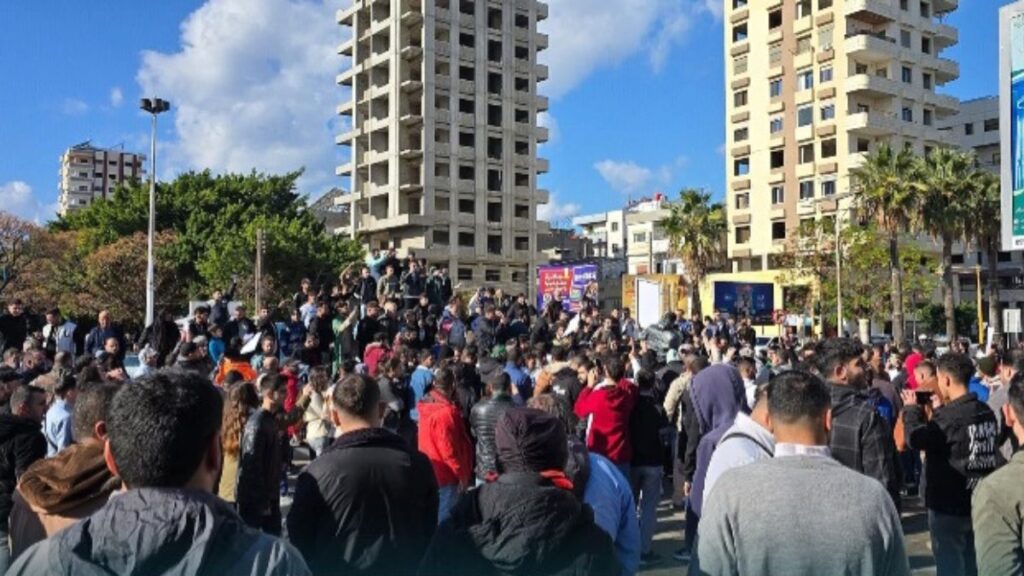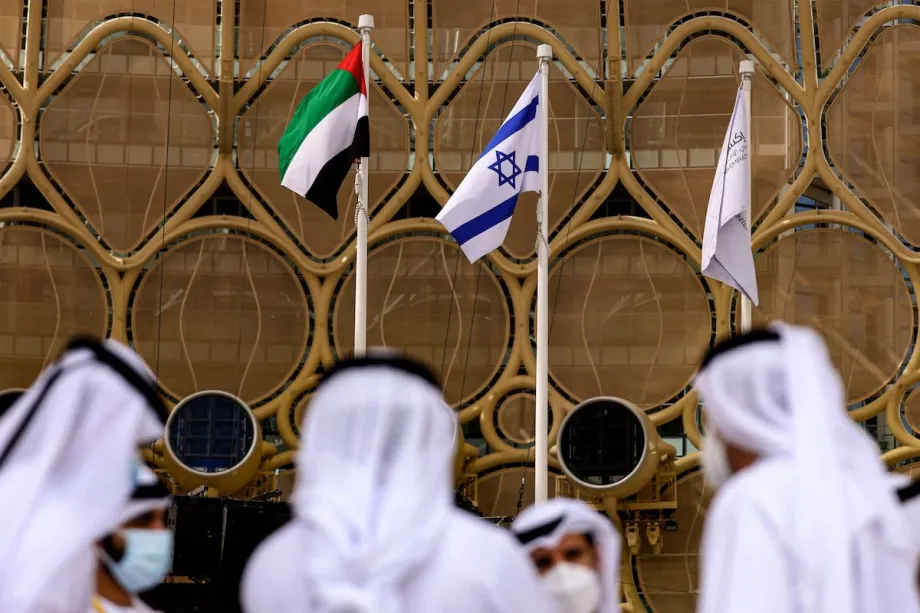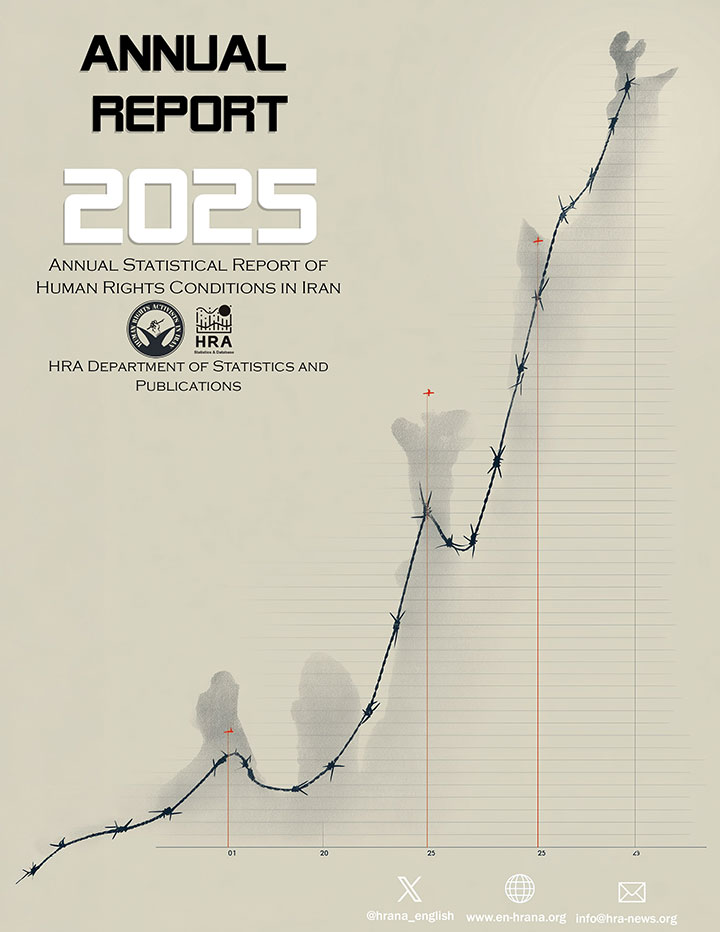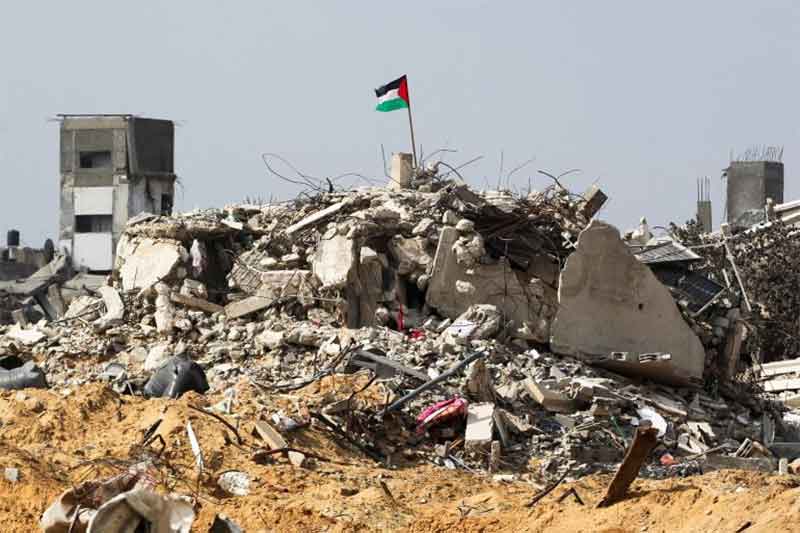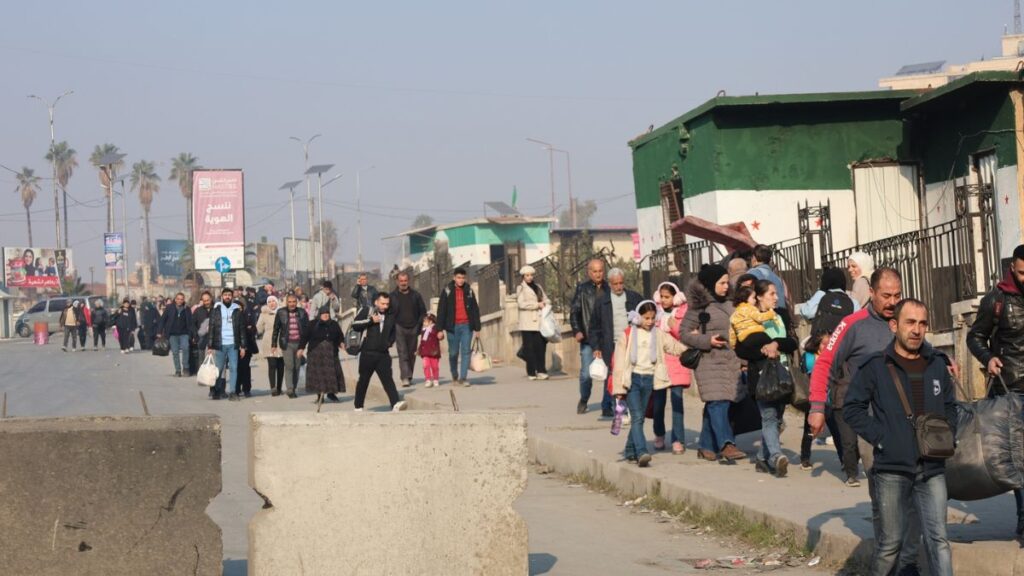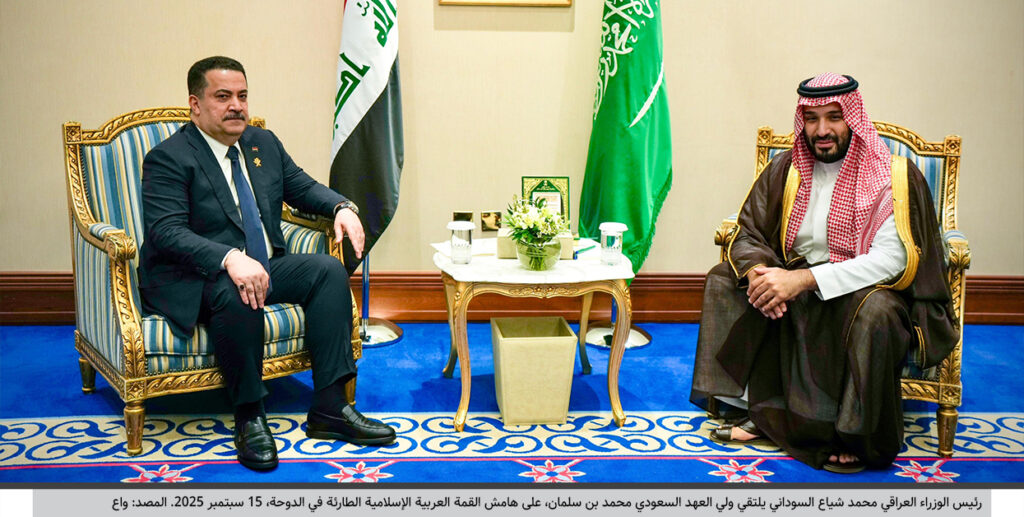From Jihadi to Islamist: Ahmad al-Sharaa and His Critics
On December 8, 2024, Syrian rebels led by Hay’at Tahrir al-Sham (HTS) seized power in Damascus following a ten-day offensive, bringing a swift and unexpected end to the Asad regime’s decades’ long rule. The question now is what comes next.

